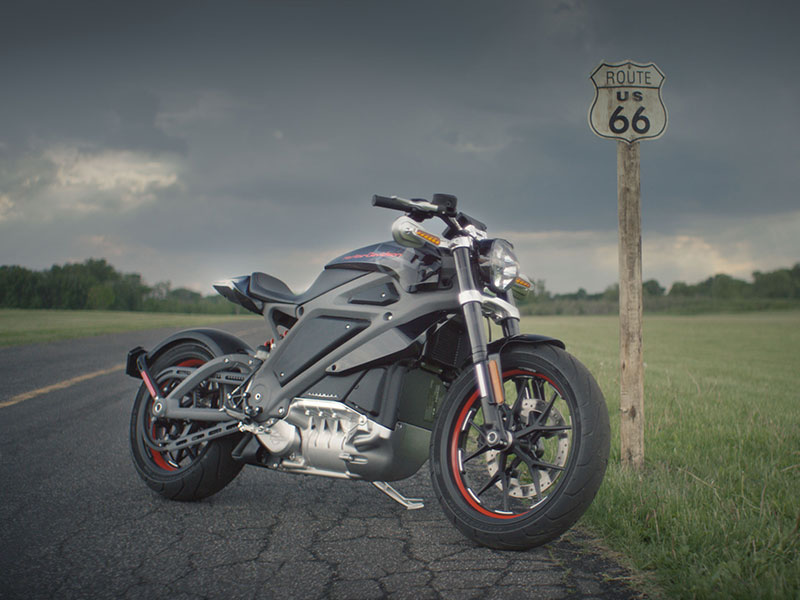Harley-Davidson seeks to recharge sales with its first ever electric motorcycle
Iconic US motorcycle maker Harley-Davidson will start rolling out electric bikes in 2019, a move the company hopes will attract younger customers and spark interest in new markets

The introduction of LiveWire and other smaller, electric motorcycles into new markets could be the bold shake-up Harley-Davidson needs to reverse its fortunes. Image: Harley-Davidson
Harley-Davidson has unveiled plans to launch its first ever electric motorcycle, LiveWire, in 2019. According to a statement made by the company on July 30, LiveWire will be followed by as many as five additional electric models through 2022 to “broaden the [firm’s] portfolio with lighter, smaller and even more accessible product options”.
Although the 115-year-old company invested in California-based electric motorcycle firm Alta Motors in May this year, the LiveWire project has been in the works since 2014.
The iconic brand hopes its new lightweight, urban bikes will help attract younger generations to motorcycles while keeping old fans happy. In an interview with CNBC, Harley-Davidson CEO Matt Levatich said: “We’re going to be doubling down on existing products.
Harley-Davidson hopes its new lightweight, urban bikes will help attract younger generations to motorcycles while keeping old fans happy
“We’re going to invest in an all-new middleweight platform, which is a modular chassis and a very core engine technology to go in three dramatically different spaces: adventure touring, custom and street fighter.”
Harley-Davidson also hopes to boost sales in China and India by partnering with local companies. However, the company has drawn ire from US President Donald Trump for developing production operations in international markets. Due to an ongoing trade war between the US and the EU, the firm announced in June that it would be moving its European market production out of the US.
Motorcycles exported to European customers used to be subject to a six percent tax but, due to the trade war, that has increased to 31 percent. Harley-Davidson said the EU’s tariffs would add, on average, $2,200 to each exported bike.
Levatich believes Trump’s statements have brought the company “unfortunate attention”, and told CNBC: “We’ve worked very hard to be apolitical in how we approach our business and our consumers everywhere in the world.”
Harley-Davidson’s stock has dropped by around 15 percent this year as the motorcycle industry in the US continues to decline. While electric motorcycles are still a niche market, the introduction of LiveWire and other smaller, electric models into new markets could be the bold shake-up the company needs to reverse its fortunes.













